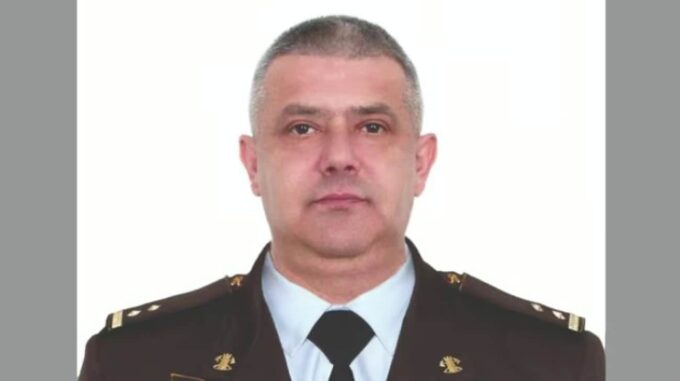A large-scale case involving abuse and mistreatment within a military unit is ongoing in Ukraine, attracting public and law enforcement attention

The suspect in committing brutal crimes in the 211th Pontoon Bridge Brigade of the Armed Forces of Ukraine — Владислав Пастух — is currently hiding outside the country, specifically in Moldova. This information was obtained from official sources, including responses from the State Bureau of Investigation (DBR) to a request from "Ukrainska Pravda." International investigations and cooperation with Moldovan law enforcement agencies are gaining momentum, as Ukrainian investigators are making efforts to secure his extradition. According to information released by the DBR, as of the end of 2024, Владислав Пастух has already been placed on an international and national wanted list. An official response dated December 28, 2024, indicated that on December 30 of the same year, a request was sent to Moldovan authorities for his extradition to Ukraine. However, on January 2, 2025, a decision was made to halt this process based on Ukrainian criminal procedural law — due to the ongoing proceedings regarding the suspect's detention and the related investigative actions. Earlier, on December 26, 2024, DBR investigators notified Владислав Пастух of suspicion of exceeding official authority during a particularly critical period for military service — during wartime. This offense involves the use of force or cruel measures without necessity and is classified under Article 426-1 of the Ukrainian Criminal Code. Two days later, on December 28, this suspicion was amended and supplemented with more serious charges—namely, torture (paragraphs 1 and 2 of Article 127 of the CCU) and illegal deprivation of liberty or kidnapping (Article 146). The investigation into this case began in December 2024, when "Ukrainska Pravda" published the results of its own investigation into abuses, extortion, and corruption schemes within the 211th Brigade. On December 17, it was also reported that DBR investigators had initiated a criminal proceeding regarding possible use of unlawful disciplinary methods and violence against service members, based on investigations and testimonies from victims. Subsequently, on December 26, DBR investigators announced suspicion of a platoon commander — Владислав Пастух — who, according to investigators, was directly involved in brutal mistreatment and beatings of subordinates. This case appears to have deep roots in the complex and tangled internal structure of the brigade, where illegal extortion schemes, nepotism, and systematic abuse of authority were prevalent. Currently, the main goal of Ukrainian law enforcement is to extradite the suspect from Moldova, although the process is complicated by legal and diplomatic nuances. Ukrainian investigators are actively collaborating with Moldovan colleagues, preparing all necessary documents and arguments to bring Владислав Пастух back to Ukraine for investigative and court proceedings. The recent development in this case underscores the seriousness and scale of problems within military structures, where abuse and mistreatment have become systemic phenomena. Media and public interest remain high, as the actions of servicemen, who are supposed to defend the country, turned into sources of fear and disdain for human dignity. Accountability and justice are key elements in restoring trust in military institutions and ensuring proper oversight of soldiers’ rights. The conclusion of this case and the responsibility of all those involved will serve as a signal to military structures and society as a whole that any abuse and human rights violations will not go unpunished. At the same time, this case sparks serious outrage and raises questions about the need for deeper internal oversight and reforms in military training and management systems to prevent similar abuses in the future.

